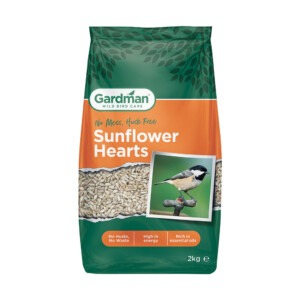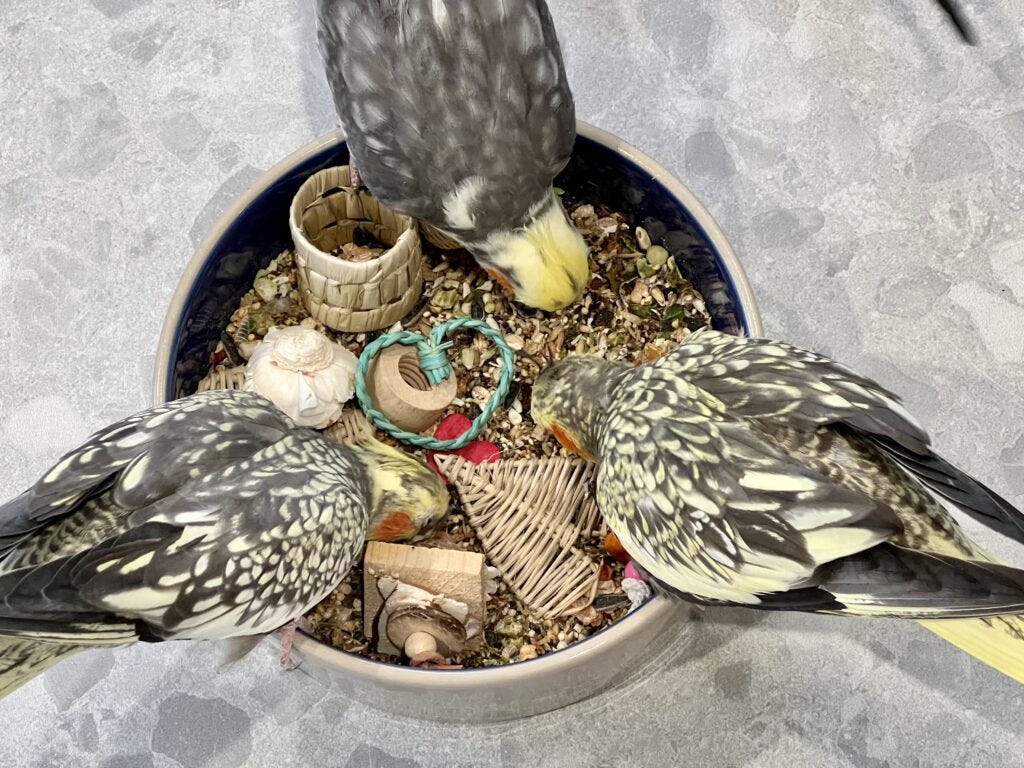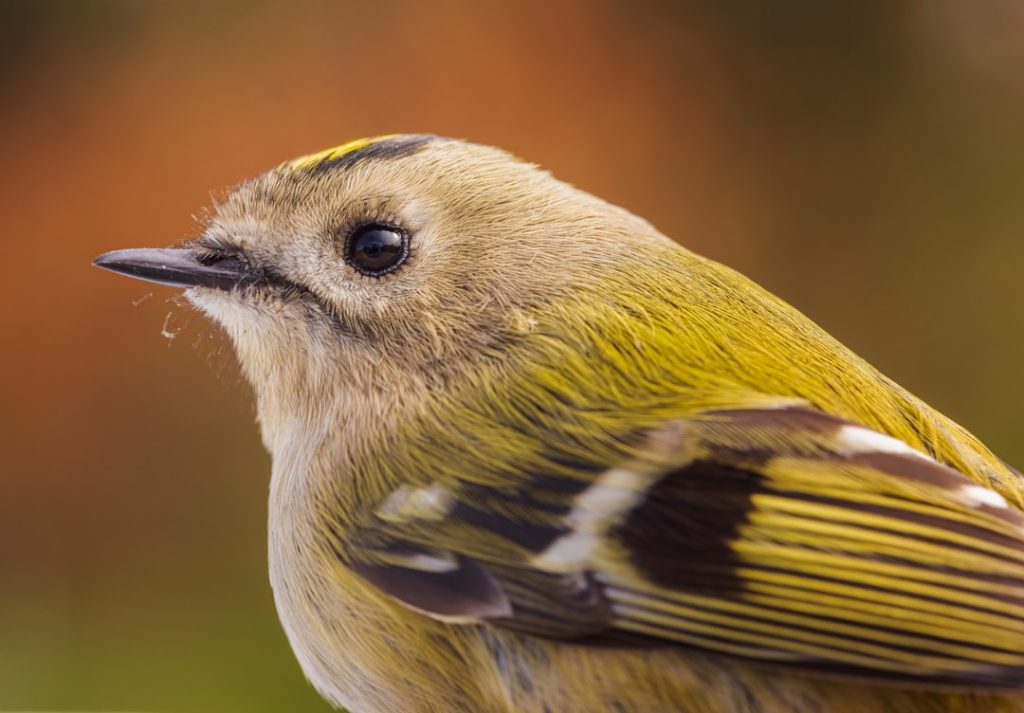Have you ever wondered if the bird seed scattered in your backyard is safe for you to eat? Whether you’re curious about trying it in a survival situation or just want to know what’s really inside those tiny seeds, it’s important to get the facts straight.
You might be surprised to learn what bird seed really contains and how it could affect your health. Keep reading to discover the truth about bird seed and whether it’s something you should consider for yourself.
Bird Seed Composition
Bird seed is made to feed many types of wild and pet birds. It contains a mix of different seeds and grains. Understanding what is inside bird seed helps us know if it is safe for humans.
People sometimes wonder if they can eat bird seed. Looking at the ingredients and nutrition shows why it is made for birds, not people.
Common Ingredients
Bird seed often has a mix of several seeds. Each type gives birds different nutrients and energy. Here are the most common ingredients found in bird seed mixes.
- Sunflower seeds – a favorite for many birds
- Millet – small round seeds that birds enjoy
- Safflower seeds – good for some bird species
- Cracked corn – provides energy and carbs
- Nyjer (thistle) – small seeds loved by finches
- Peanuts – high in protein and fats
Nutritional Value
Bird seed contains fats, proteins, and carbohydrates. These nutrients help birds stay healthy and active. The table below shows the average nutrition in common bird seed ingredients.
| Ingredient | Protein (%) | Fat (%) | Carbohydrates (%) |
|---|---|---|---|
| Sunflower Seeds | 20 | 50 | 20 |
| Millet | 10 | 4 | 70 |
| Safflower Seeds | 14 | 30 | 30 |
| Cracked Corn | 9 | 4 | 75 |
| Nyjer (Thistle) | 18 | 35 | 30 |
| Peanuts | 25 | 50 | 10 |

Credit: www.gardenhealth.com
Potential Health Risks
Bird seed is made for birds, not people. Eating it can cause health problems. It is important to know the risks before trying bird seed.
This article explains the main dangers of eating bird seed. It covers contamination, allergies, and stomach problems.
Contamination Concerns
Bird seed can have dirt, mold, or bacteria. These can make people sick if they eat the seed. The seed may also have chemicals or pesticides.
Bird seed is stored in places that are not clean. This increases the chance of germs getting on the seeds.
- Dirt and dust can carry harmful bacteria
- Mold can produce toxins dangerous to humans
- Pesticides may remain on the seed
- Bird droppings can spread disease
Allergic Reactions
Some people are allergic to seeds like sunflower or millet. Eating bird seed may cause allergic reactions. These can range from mild to severe.
Allergy symptoms include itching, swelling, or trouble breathing. It is unsafe to eat bird seed if you have seed allergies.
- Hives or skin rash
- Swelling of lips or throat
- Difficulty breathing
- Runny nose or watery eyes
Digestive Issues
Bird seed is hard for humans to digest. It can cause stomach pain, gas, or diarrhea. Eating large amounts increases the risk.
The seed may contain parts that irritate the stomach. Some seeds have shells that are tough to break down.
- Stomach cramps
- Nausea or vomiting
- Diarrhea
- Bloating and gas
Comparing Bird Seed To Human Food
Bird seed is made to feed birds and is different from human food. People sometimes wonder if bird seed is safe for humans to eat. It is important to compare bird seed and human food to understand this.
This comparison looks at what bird seed and human food share, how they differ, and how they are processed.
Similarities
Bird seed and human food both come from plants and seeds. They often have grains, nuts, and dried fruits. These foods can provide energy and nutrients like protein and fiber.
- Both include grains such as millet and sunflower seeds
- Both can contain nuts and dried fruits
- Both provide nutrients like fats, proteins, and carbohydrates
- Both are natural plant-based foods
Differences
Bird seed is not made for human taste or digestion. It can have dust, dirt, or small stones. Human food is cleaned and prepared to be safe and tasty. Bird seed may also contain additives safe for birds but not for humans.
- Bird seed may have debris and is not cleaned like human food
- Human food is cooked or processed for safety and taste
- Bird seed can contain bird-safe pesticides or preservatives
- Human food follows strict health and safety standards
Processing Standards
Bird seed is processed to keep birds healthy, but it is not made to meet human food laws. Human food goes through strict testing and cleaning to remove germs and harmful materials. Bird seed may not be free from bacteria or mold that can harm people.
- Human food is sanitized to kill germs
- Bird seed processing focuses on bird health, not humans
- Human food uses food-grade ingredients and packaging
- Bird seed may have lower quality control for contaminants

Credit: seabrookeleckie.com
Safe Alternatives For Humans
Bird seed is made for birds, not people. Some ingredients can upset your stomach or cause allergies. Eating bird seed is not safe for humans.
There are many healthy seeds and nuts that are safe and tasty for humans. These make better snack choices and give good nutrition.
Healthy Seeds And Nuts
Seeds and nuts provide important vitamins, minerals, and healthy fats. Choose these safe options instead of bird seed.
- Sunflower seeds (shelled and unsalted)
- Pumpkin seeds (roasted or raw)
- Chia seeds
- Flaxseeds
- Almonds (unsalted and raw or roasted)
- Walnuts
- Cashews
Recommended Snacks
Snacks should be easy to digest and safe for daily eating. Here is a simple table of healthy snack ideas with seeds and nuts.
| Snack | Main Ingredients | Benefits |
| Trail Mix | Almonds, walnuts, pumpkin seeds, dried fruit | Good energy, fiber, and healthy fats |
| Chia Pudding | Chia seeds, almond milk, honey | Omega-3s, hydration, and protein |
| Nut Butter Toast | Whole grain bread, peanut or almond butter | Protein and healthy fats |
| Roasted Pumpkin Seeds | Pumpkin seeds, olive oil, salt | Rich in zinc and antioxidants |
Handling And Storage Tips
Bird seed is made for birds, not humans. Still, handling and storing it properly keeps it safe for all uses. This helps stop pests and keeps seed fresh longer.
Good storage and handling reduce risks of spoilage and contamination. These tips make your seed last and stay clean.
Preventing Spoilage
Store bird seed in a dry, cool place away from sunlight. Moisture and heat speed up spoilage and reduce seed quality.
- Use airtight containers to keep out moisture and pests.
- Keep seed off the ground to avoid dampness.
- Buy seed in small amounts to use quickly.
- Check seed regularly for signs of damage or pests.
Avoiding Mold And Bacteria
Mold and bacteria grow if seed is wet or stored too long. They can cause illness if touched or eaten.
| Risk | Cause | How to Prevent |
| Mold | Moisture in seed | Keep seed dry and use airtight containers |
| Bacteria | Warm, damp conditions | Store seed in cool, dry place |
| Pests | Open or damaged bags | Seal bags tightly and inspect often |

Credit: freerangeparrots.org
Frequently Asked Questions
Is Bird Seed Safe For Human Consumption?
Bird seed is not meant for humans. It may contain harmful bacteria or molds. Eating bird seed can cause digestive issues or allergic reactions. Always choose food labeled safe for human consumption instead.
Can Humans Get Sick From Eating Bird Seed?
Yes, humans can get sick from bird seed. It often harbors bacteria, fungi, or pesticides. These contaminants can lead to food poisoning or allergic reactions. Avoid eating bird seed to prevent health risks.
What Nutrients Does Bird Seed Contain?
Bird seed contains fats, proteins, and fiber. However, it lacks essential nutrients for humans. It’s formulated for birds, not human dietary needs. Eating it won’t provide balanced nutrition.
Are There Any Health Risks With Bird Seed?
Health risks include bacterial infections and allergic reactions. Moldy or stale bird seed can cause digestive problems. Pesticide residues may also pose risks. Avoid eating bird seed to stay safe.
Conclusion
Bird seed might look tempting, but it’s not for human consumption. While some ingredients are safe, others aren’t. Seeds may carry bacteria or pesticides. It’s best to avoid eating them. Choose human-grade seeds if you’re curious. Always prioritize health and safety.
Eating bird seed lacks essential nutrients for humans. Instead, explore healthier snack options. Remember, what’s good for birds may not be good for us. Always make informed choices about food. Stay safe and enjoy a balanced diet.

